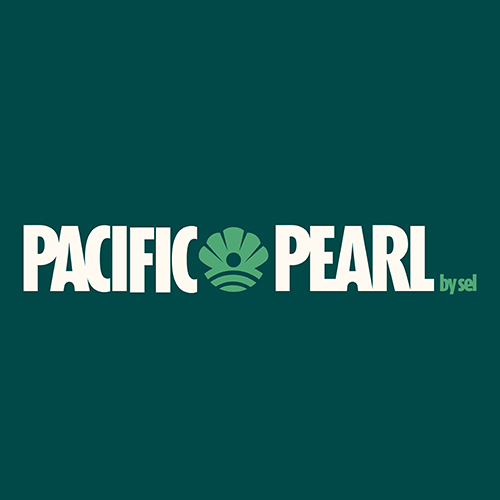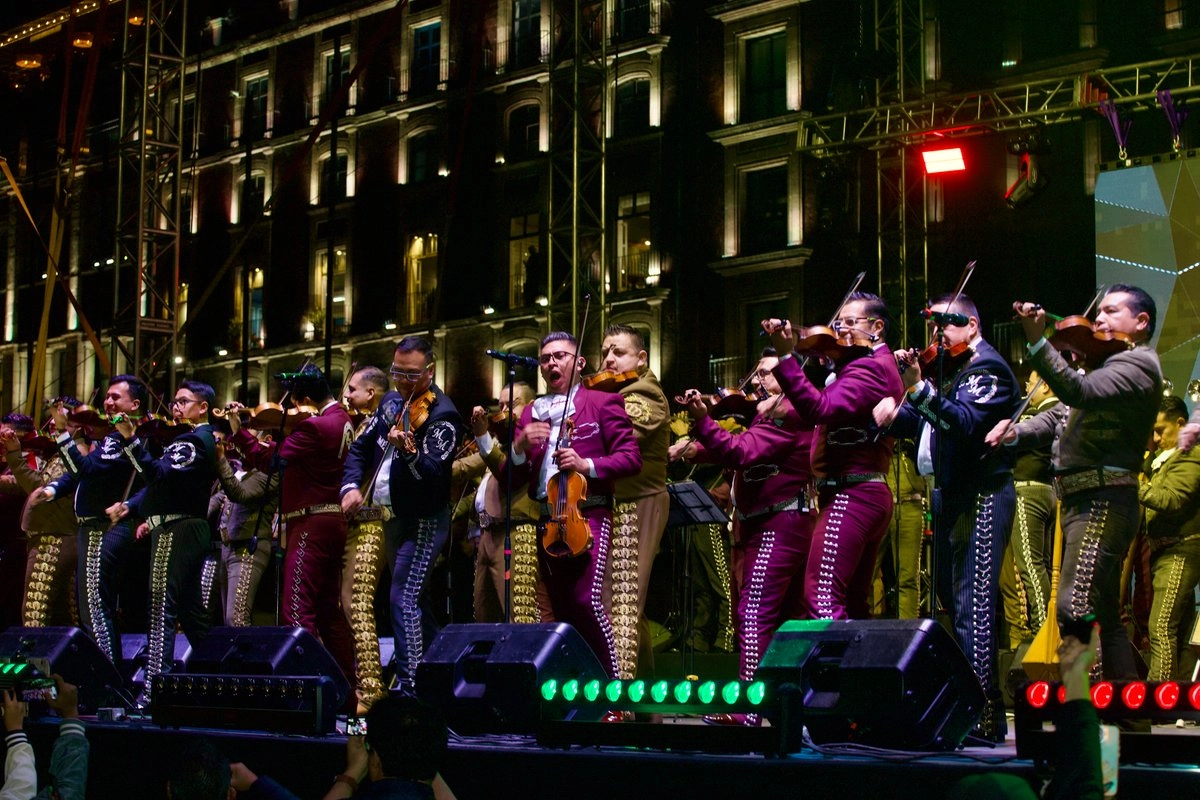After five vibrant days of music and tradition, singer Majo Aguilar brought the curtain down on the Second World Mariachi Congress, hailed as the most colorful celebration of Mexican folklore. The closing concert took place in Mexico City’s Zócalo, just one night after the historic 1990 Juan Gabriel at Bellas Artes concert was projected on the same stage.
The massive event, held in the heart of the Historic Center, filled the plaza with patriotic colors, traditional dance, and the unmistakable sound of mariachi—a symbol of Mexican identity around the world. Hosted by Claudia Sierra, Marco Antonio Lugo, and Gustavo Alvite, the festival honored the mariachi as a timeless expression of national pride.
Among colorful charro suits and joyful voices, guitars, vihuelas, violins, guitarrones, trumpets, and harps resonated through the square, blending harmoniously to “win hearts.”
Performances included the Internacional Mariachi Puebla, which stirred emotion with classic songs like Palabras Tristes, Lástima que seas ajena, Volver, volver, and La ley del Monte, paying tribute to legends such as Vicente Fernández and Los Yonic’s.
The Mariachi México de Pepe Villa, founded in 1953, and the Mariachi Corona of Jalisco (since 1955) continued the celebration, performing medleys and polkas that ignited applause and nostalgia among the crowd.
As evening fell, the Mariachi Oro de América took the stage with beloved songs such as En tu pelo, Eso y más, and Qué te ha dado esa mujer, before welcoming Majo Aguilar, who received a standing ovation.
“It’s an honor to be here,” Aguilar said. “I’m proud to be the first female ambassador of this congress. Mariachi belongs to all of us—and it will never die as long as we keep it alive.”
The event also recognized Fátima Bosch and Martín Urieta as cultural ambassadors.
Declared Intangible Cultural Heritage of Humanity by UNESCO in 2011, mariachi once again proved its power to convey Mexico’s values, history, and emotions.
This second edition of the World Mariachi Congress featured more than 30 mariachi groups, four free public festivals, and three major concerts at the Gran Forum, Parque Aztlán, and Teatro de la Ciudad Esperanza Iris, reaffirming mariachi as a living, beating heart of Mexican identity.



